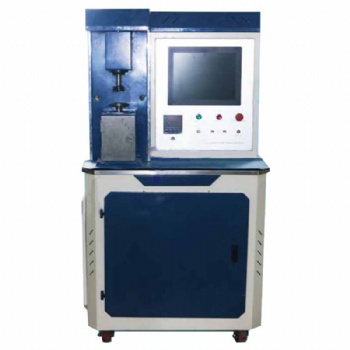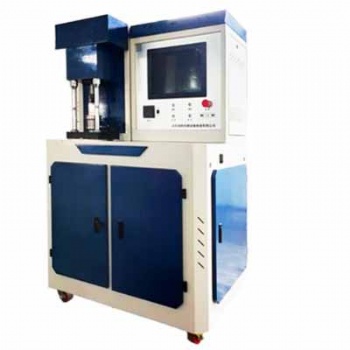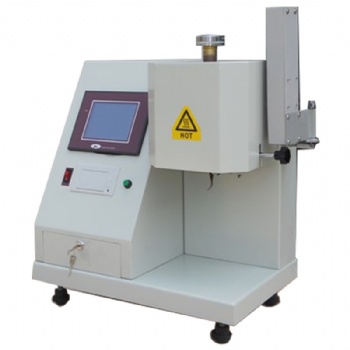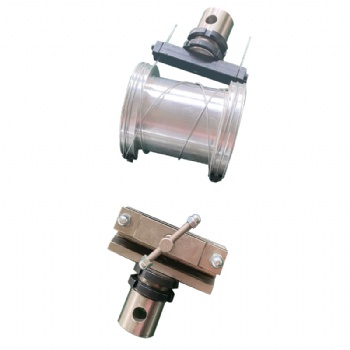News
Ceramic Tiles Flexural Testing Machine: Essential Guide
Ceramic Tiles Flexural Testing Machine: Essential Guide
Ceramic tiles are widely used in construction and interior design due to their durability, aesthetics, and versatility. To ensure they meet quality and safety standards, one of the critical tests conducted is the flexural strength test. A ceramic tiles flexural testing machine is specifically designed for this purpose, providing accurate measurements of a tile's resistance to bending.
What is a Ceramic Tiles Flexural Testing Machine?
A ceramic tiles flexural testing machine is a specialized device used to determine the flexural strength (bending strength) of ceramic tiles. This test evaluates the tile’s ability to withstand bending forces, ensuring it can handle loads and stresses in practical applications without breaking.
Key Features of Ceramic Tiles Flexural Testing Machines
High-Precision Load Cells
Provides accurate measurements of the force applied during testing.
Adjustable Support Span
Accommodates different tile sizes and ensures compliance with testing standards.
Computerized Control
Modern machines often feature digital interfaces for precise control and data acquisition.
Dual Testing Modes
Supports both manual and automatic operation.
Durable Testing Frame
A robust structure to handle high loads and ensure consistent test results.
How Does a Ceramic Tiles Flexural Testing Machine Work?
Specimen Preparation
Tiles are cut into specified dimensions according to relevant test standards, such as ISO 10545-4 or ASTM C648.
Specimen Placement
The tile is placed on two parallel supports with the glazed surface facing upwards.
Force Application
A loading device applies a force at the tile’s center at a controlled rate until it breaks.
Data Collection
The machine measures the maximum force applied at the breaking point and calculates the flexural strength.
Relevant Test Standards
ISO 10545-4
Determines the modulus of rupture and breaking strength of ceramic tiles.
ASTM C648
Measures the breaking strength of ceramic tiles.
EN 14411
European standard for ceramic tiles, including strength properties.
Applications of Ceramic Tiles Flexural Testing Machines
Quality Assurance: Ensures that tiles meet industry standards and consumer expectations.
R&D: Helps manufacturers develop new, stronger tile products.
Construction Testing: Verifies the suitability of tiles for specific projects.
Failure Analysis: Identifies defects and weaknesses in tile production.
Advantages of Using Ceramic Tiles Flexural Testing Machines
Accurate Results: Advanced sensors provide precise measurements of flexural strength.
Compliance: Ensures adherence to international testing standards.
Versatility: Suitable for a wide range of ceramic tile types and sizes.
Efficiency: Automated features streamline the testing process.
Conclusion
A ceramic tiles flexural testing machine is essential for manufacturers and testing labs to ensure the quality, durability, and safety of ceramic tiles. By conducting reliable and accurate tests, these machines help improve product standards and meet market demands.
If you are looking for high-quality ceramic tiles flexural testing machines, Jinan Wangtebei Instrument and Equipment Co., Ltd. offers a range of solutions tailored to your needs. Contact us today for more information!
Safety shoe anti static tester, sole abrasion apparatus, manual shoe peeling strength testing machine, Asphalt mixture Centrifugal fast extractor
Categories
Contact Us
- +86-18615632092
- sophie@jnwtbte.com
- +86-18615632092




 售前客服
售前客服